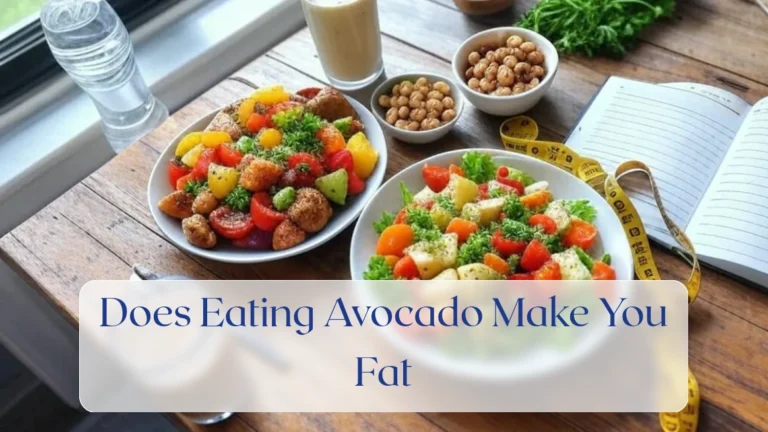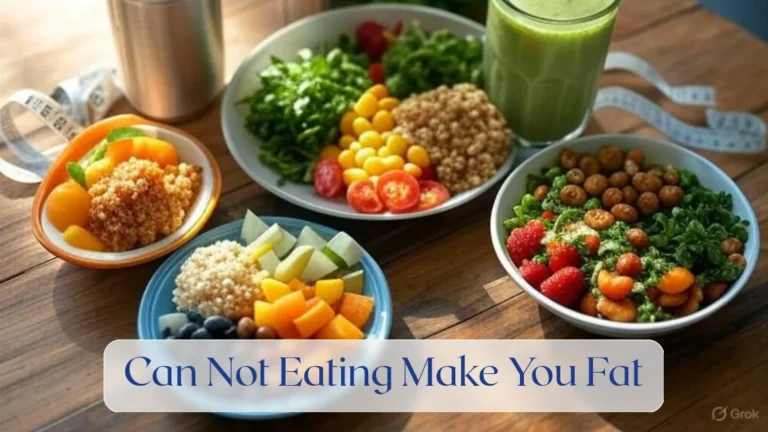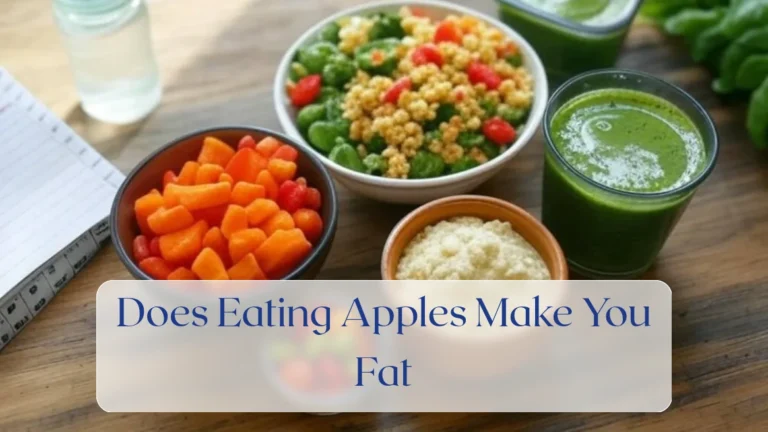Will Meat Make You Fat? A Balanced Look
Is that delicious Rogan Josh sabotaging your weight loss goals? Many Indians wonder if their love for meat is hindering their path to a healthier weight. The truth is, the question, “Will meat make you fat?” isn’t a simple yes or no. It’s far more nuanced than that. This article will explore the complex relationship between meat consumption, weight management, and building a healthy Indian diet. Learn how to enjoy your favourite meat dishes without those extra kilos!
Meat’s Calorie Content: Friend or Foe?
The calorie content of meat varies significantly depending on the type. A 100g serving of chicken breast boasts far fewer calories compared to the same amount of mutton. Fish, generally, falls somewhere in between. For instance, consider this: chicken breast is relatively low in calories, while mutton tends to be higher in fat and thus, calories. The same goes with various cuts of meat – a fatty ribeye contains more calories compared to a lean fillet.
Portion control plays a crucial role. A large serving of even lean chicken can easily add up calorically, negating the benefits. So, carefully monitoring your portion sizes is key to managing your calorie intake effectively.
Cooking methods matter too. Deep-frying heavily increases the overall calorie density due largely to extra oil absorption. Opt for baking, grilling, or steaming instead, reducing excess calories whilst maintaining the flavour. Choosing healthier cooking methods like tandoori grilling also imparts an unique flavour keeping your meal enticing and caloric density in check
The Protein Powerhouse: Meat’s Benefits
Meat is an excellent source of high-quality protein, vital for building and repairing muscle tissues. Protein also aids in satisfying hunger, minimizing cravings and thus supporting weight management and general well being. This is particularly important during and following intense physical work.
Beyond protein, meat provides essential vitamins and minerals often lacking in some vegetarian balanced diets (more on this later.) This meat especially offers substantial amounts of iron, crucial for red blood cell formation and general well-being; and vitamin B12, essential for nerve function and red blood cell generation. Dietary deficiencies of B12 could result in energy loss and poor growth especially affecting an active person living in demanding climate condition
Fats in Meat: Understanding the Good and the Bad
Meat contains both saturated and unsaturated fats, both equally capable effecting weight. Saturated fats (commonly found in some red meats higher calorie meats like lamb and some less healthier poultry preparation), generally considered unhealthy, are more readily stored as fat in case of calorific excesses affecting weight more so. Conversely, meat also contains more healthy unsaturated fats, especially in leaner meats and fish, can actually have potential benefits on cardio vascular health whilst not equally impinging on excessive caloric overload and thus also contribute effective healthy diet that leads to positive weight managing outcome
The trick lies in choosing leaner cuts which significantly lesser saturated fat in comparison. The cooking method further influences the fat level. For instance using less oils helps too further reduces the calorie content and the overall fat of the finished product without sacrificing all-important vitamins and minerals provided earlier. A balanced Indian diet naturally encompasses lower overall saturated fats which would aid effective healthy diet and hence proper outcome in managing an active healthy lifestyle
Meat and Weight Gain: The Role of Other Factors
While the calorie and fat content are integral parts of diet choices in the pursuit of weight and lifestyle management, they are just that – mere components of success in achieving an holistic desirable overall outcome using meat. Overall daily calorie intake always play an far more important contribution in attaining healthy diet than components. Consuming more calories daily generally speaking – even calorie surplus from non-meat sources – ultimately inevitably lead to weight gain.
A well rounded wholesome and nutritious diet containing various other nourishing choices inclusive protein and fiber for overall better management diet helps mitigate excess calories. Finally, physical activity levels help achieve improved overall desired final result; thus an overall active and lifestyle has the ultimate decisive effect in effectively managing your physical body weight outcome.
Building a Healthy Meat-Inclusive Indian Diet
You definitely need for a healthy meat inclusion within a proper balanced nutritious and wholesome Indian diet incorporating other components also. Choosing lean protein sources – such as chicken breast or fish primarily – reduce the overall saturated fat. Focusing on healthy fat incorporation balances healthy caloric effect.
Balanced balanced nutritious wholesome eating is key and that includes high volumes incorporation such as incorporation of fibrous vegetables and wholesome grains – lentils, rice, etc) is integral, alongside using moderate portion sizes and always paying care to portion serving using healthier alternative such lower oils and even lean meats. Finally mindful consumption paying awareness into caloric value of all of choice is a part and a goal to achieving managing a truly healthier lifestyle choice.
Frequently Asked Questions
- Is red meat worse than white meat for weight loss? Generally, red meat due to more saturated fat content has more negative effects on heart and general health comparatively whereas in respect to its positive benefits in protein is lesser proportionately in comparison to some other non-red healthy white meat sources. Balanced healthy lifestyle approach is better way without necessarily avoiding it – portion and moderation is again key.
- Can I eat meat and still lose weight? Absolutely! A calorie deficit through controlled portions and lots high fiber based diet, plus exercise, enable weight-loss – all equally important parameters. If this condition met, having moderation intake meat included only within the overall daily calorie intake limit contributes essential protein, and other nourishing elements; thus is a very doable target to achieve.
- How much meat should I eat daily for a healthy Indian diet? There isn’t a fixed set universal answer. Individual needs varies greatly affecting many aspects including personal need and levels activities, however for general guide aim for lean choices; only relatively modest serving portion size daily – thus this helps reduce risks excessive saturated fat/calories. Always mindful of intake maintaining adequate range other balanced ingredients. As a useful useful guideline, consider consulting nutritional counsellor to design personally tailored appropriate intake which serves your unique and desired best possible physical fitness outcome using dietary choices.
- Are there any specific Indian meat dishes that are healthier than others? Dishes prepared with lean meat baked steamed or lightly grilled rather than those including other choices such including ghee/ oil fried preparations are relatively preferable alternatives for healthier choices however balance must also incorporate other diet factors such appropriate portion etc.
- What are some good meat alternatives for weight watchers in India? Plenty include lentils, beans, pulses, tofu and low-fat yogurts are available for alternative protein sources, and also very nutritious as great choices as parts your alternative wholesome well rounded Indian-influenced balanced regime; thus helping achieving overall ideal outcomes!
Conclusion
The answer to “Will meat make you fat?” is complex. While some meats can high content fat which increase caloric values, protein, & valuable nutrients provide crucial beneficial element. Careful portion sizes appropriate lean choice, combined mindful healthy diet – coupled sufficient exercise is absolutely needed. Prioritise to manage your overall calorie intake not purely from meat aspects thus your goal should encompass incorporating wholesome Indian ingredients in measured manner enabling an holistic outcome that serves your most desired achievement! Share your thoughts and experiences below – help people with feedback to their balanced lifestyle choices!



